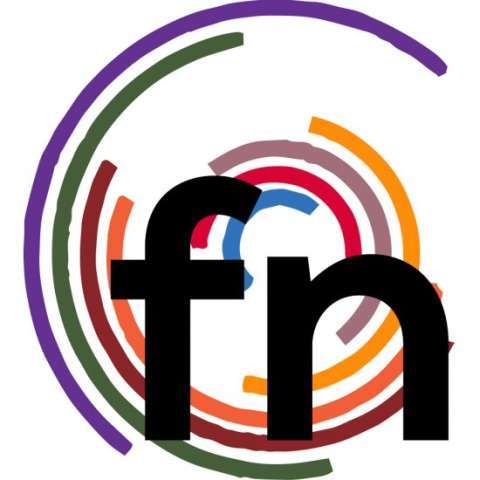Two Big Questions to Ask Before Donating Art to a Charity
Carrie LewisThere's an ongoing debate about whether artists should participate with charities by donating artwork.

Non-artists are familiar with charities and simply donating money. But if you're an artist, odds are good you've also had a charity approach you-sometimes out of the clear blue-and ask if you'd like to donate one or two pieces of artwork to their fundraiser auction or raffle.
Some artists see these events as a means of gaining exposure for their work, especially since many charities have high-power supporters who have money and aren't afraid to spend it on art.
Other artists view charitable donations as devaluing their work. There is, after all, no way to guarantee the artwork will sell for anything near normal retail value. Not to mention that usually there's no additional benefit from the sale except for the aforementioned exposure.
I've participated in many charities over the years, and I have my own opinions about it. Some have been good experiences and have resulted in subsequent portrait work. Some have been not so good.
For any artist considering donating to a charity, here are the two most important questions to ask:
Read more!


 Steps Involved in Writing the Evaluation of an Event
Steps Involved in Writing the Evaluation of an Event
 So many musicians that read our site or go through some of our training go back to the same problems.
They are musicians, not marketers or internet superstars. This post is not meant to be an argument for the musician / businessman, but rather for those that want to get some things off their plate. We have been experimenting with outsourcing firms, VA's and local workers (college students/super fans) to see what we can dish off a musician's plate so they can focus on the bigger picture items.
Here are 5 things that can be outsourced and give you a sigh of relief:
So many musicians that read our site or go through some of our training go back to the same problems.
They are musicians, not marketers or internet superstars. This post is not meant to be an argument for the musician / businessman, but rather for those that want to get some things off their plate. We have been experimenting with outsourcing firms, VA's and local workers (college students/super fans) to see what we can dish off a musician's plate so they can focus on the bigger picture items.
Here are 5 things that can be outsourced and give you a sigh of relief:










 Imagine this…you’re in the local hospital’s pre-op ward waiting for the removal of your pesky rupturing appendix. You wait and wait in side splitting agony while your doctor chats it up with the nurses, gathering phone numbers from the hot ones. After what seems forever, he gets you prepped and begins the surgery. What should have been a 20-minute procedure turns into two hours. He cracks jokes and talks about his cherry red Ferrari, while you’re lying unconscious with your abdomen split open. Finally, you’re sewn up and ready for recovery but super surgeon and his crack anesthesiologist are having a heated discussion about the science of their golf games and have seeming forgotten you’re passed out underneath them with tubes stuck in every orifice. If this were your surgery experience, you’d freak out, sue the hospital and your hot-shot doc would wind up cleaning bedpans at the state convalescent hospital.
Imagine this…you’re in the local hospital’s pre-op ward waiting for the removal of your pesky rupturing appendix. You wait and wait in side splitting agony while your doctor chats it up with the nurses, gathering phone numbers from the hot ones. After what seems forever, he gets you prepped and begins the surgery. What should have been a 20-minute procedure turns into two hours. He cracks jokes and talks about his cherry red Ferrari, while you’re lying unconscious with your abdomen split open. Finally, you’re sewn up and ready for recovery but super surgeon and his crack anesthesiologist are having a heated discussion about the science of their golf games and have seeming forgotten you’re passed out underneath them with tubes stuck in every orifice. If this were your surgery experience, you’d freak out, sue the hospital and your hot-shot doc would wind up cleaning bedpans at the state convalescent hospital.


 Guests will appreciate a nice cold drink, and it's even better spiked with a little jolt. Here's a fantastic summer drink from our friends at Feastivities Events (
Guests will appreciate a nice cold drink, and it's even better spiked with a little jolt. Here's a fantastic summer drink from our friends at Feastivities Events (


